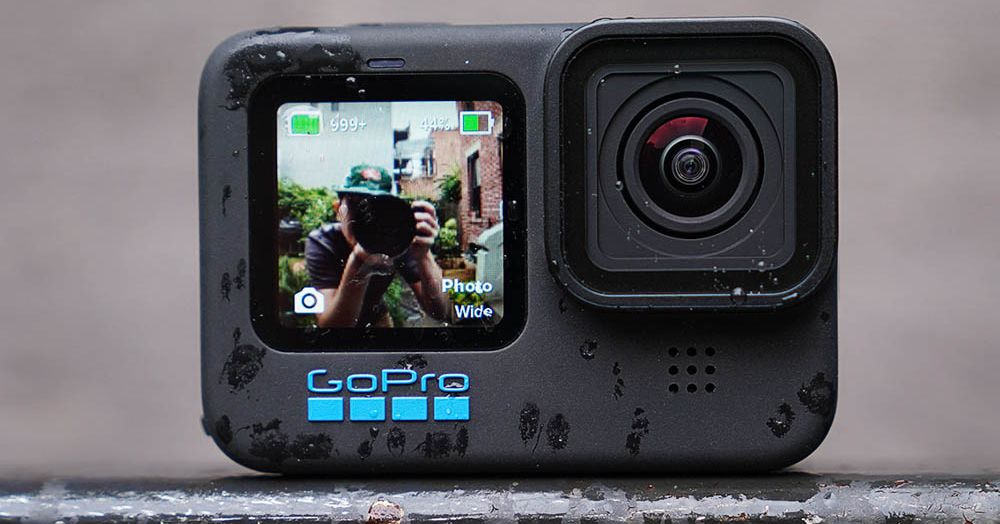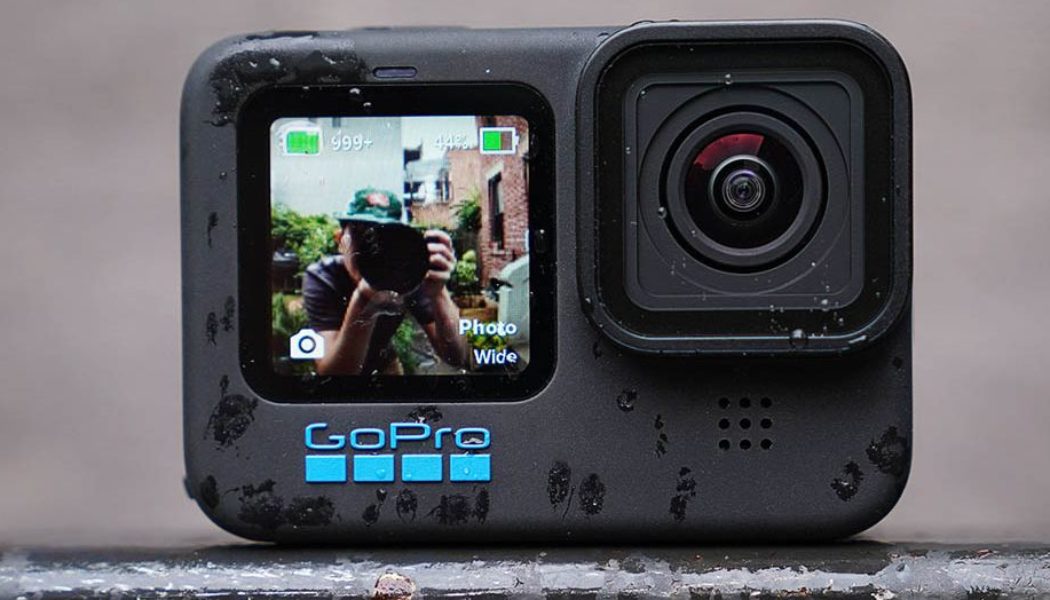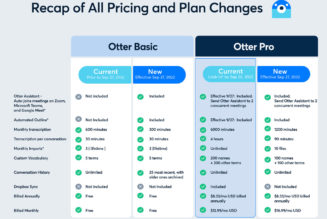
GoPro will be expanding its camera lineup in the next year, adding two more models alongside its current Hero and Max cameras. According to Nick Woodman, the company’s founder and CEO who spoke during the company’s earnings presentation on Thursday, GoPro wants to offer more specialized cameras, while still using a lot of the same tech.
GoPro used to have several models in its Hero lineup, from the White, Silver, and Black models of cameras like the Hero 3 and 7, to the rear screen-less Session cameras. Since the Hero 8’s release, though, it’s only released flagship models, opting to sell older flagships in lieu of introducing lower-spec but still current-gen cameras.
More models doesn’t necessarily mean a return to the — as the company describes it — “good / better / best” business model. Woodman said that the company’s previous model involved making several models of cameras that all appealed to the same types of buyers. Its new plan is to work on specialized cameras that would “appeal to entirely different groups of users” than the Hero and Max, he said.
Woodman also talked about going after the professional market more, and said that GoPro didn’t just want to make a “Swiss Army knife” that’s okay for everyone. It also wants to make “premium solutions” (or really good knives) that would fit specific use-cases, focusing on people who might need more than what GoPro’s Hero and 360 cameras can currently provide.
Woodman was clear that the new additions to the lineup will still be based on the tech GoPro’s currently using, even if they’re built for different purposes (the cameras were referred to as “derivatives”). It does make sense that GoPro would go this route, rather than creating entirely new tech — it lets the company make new cameras for cheaper, and it’s made a big deal about its custom chips that power its existing cameras. GoPro also said that its roadmap includes “new cloud capabilities and an all-new subscription-based desktop application.”









